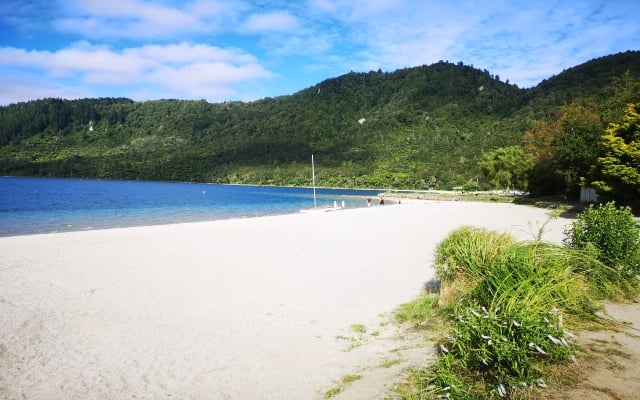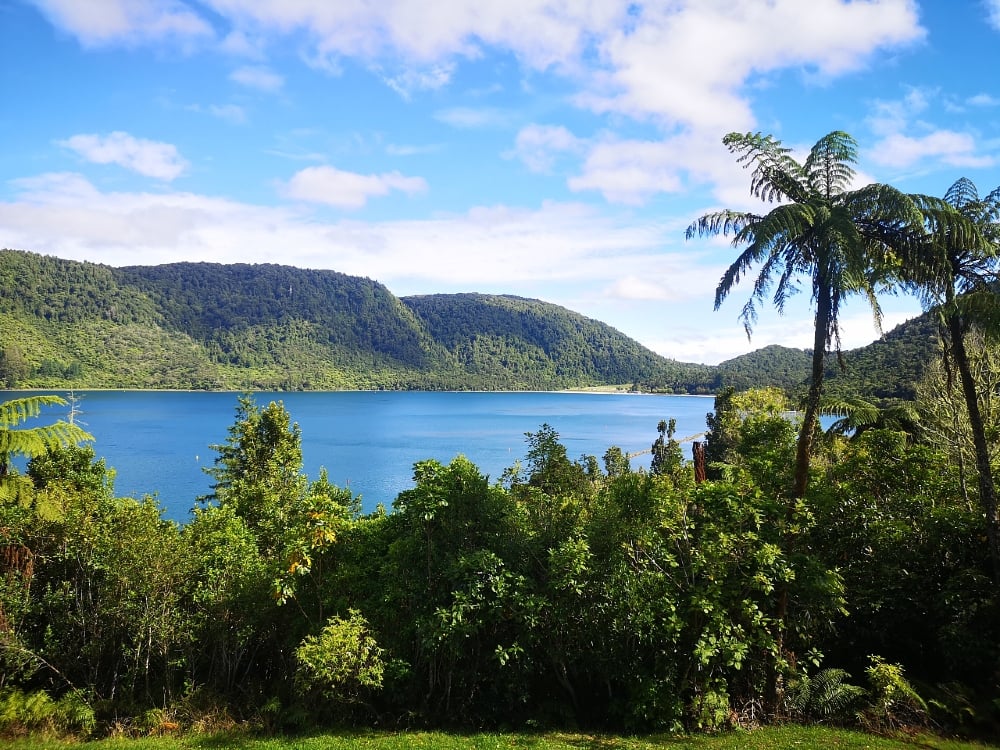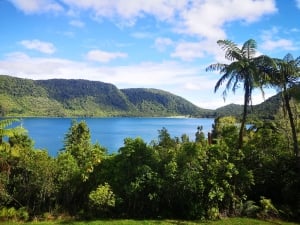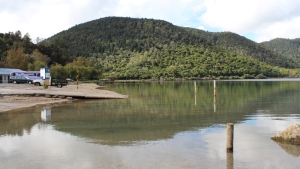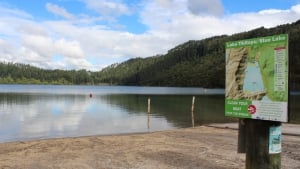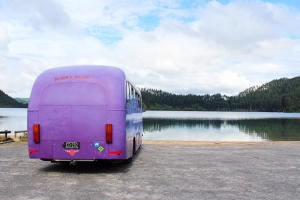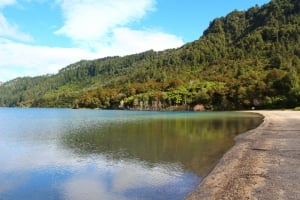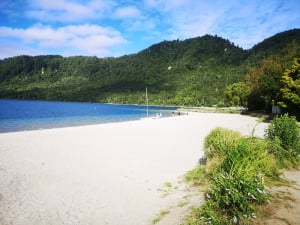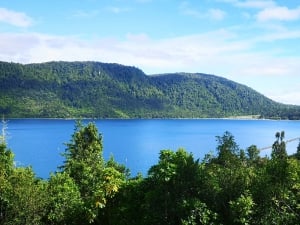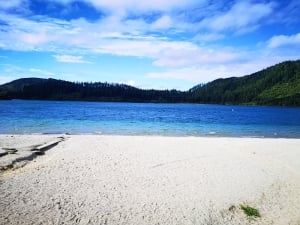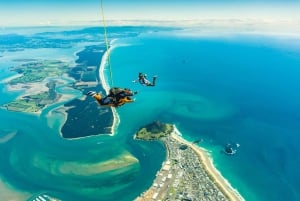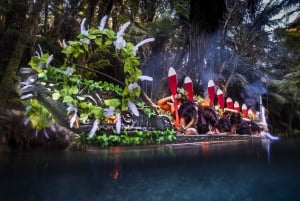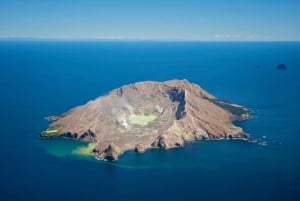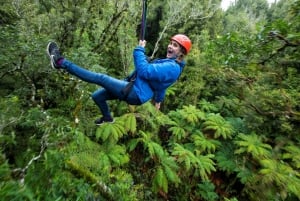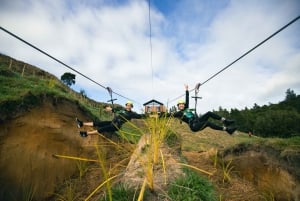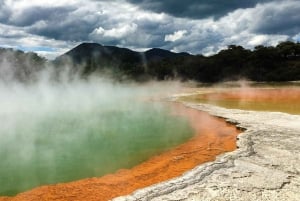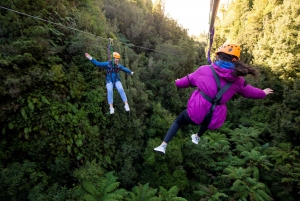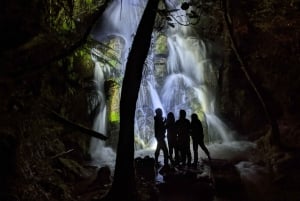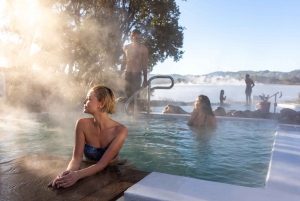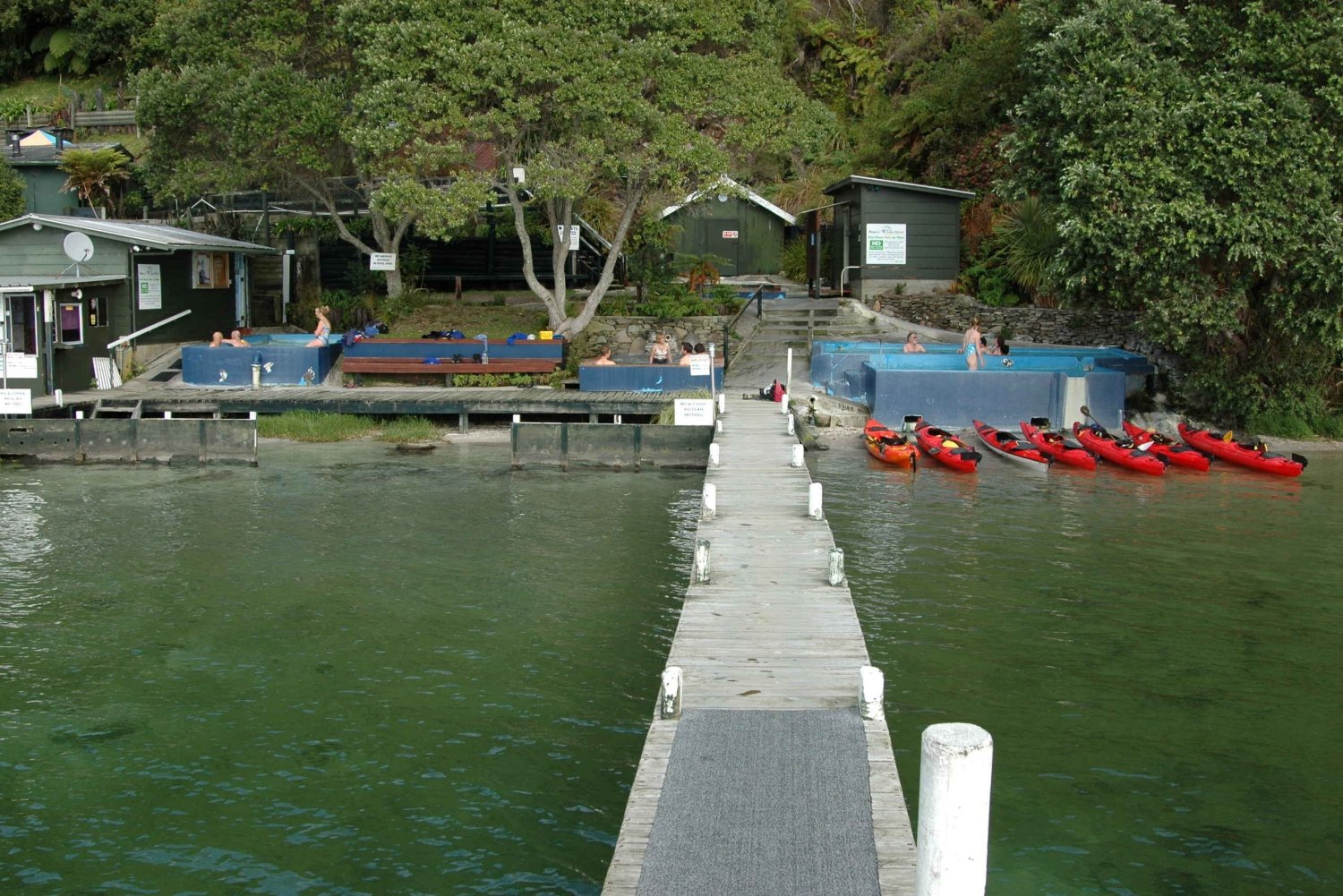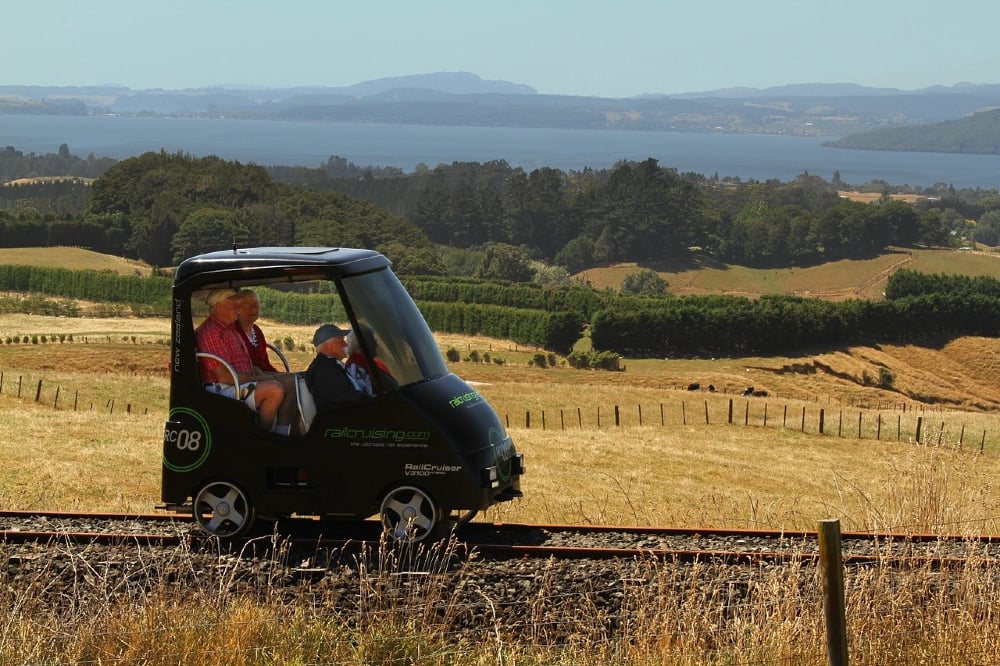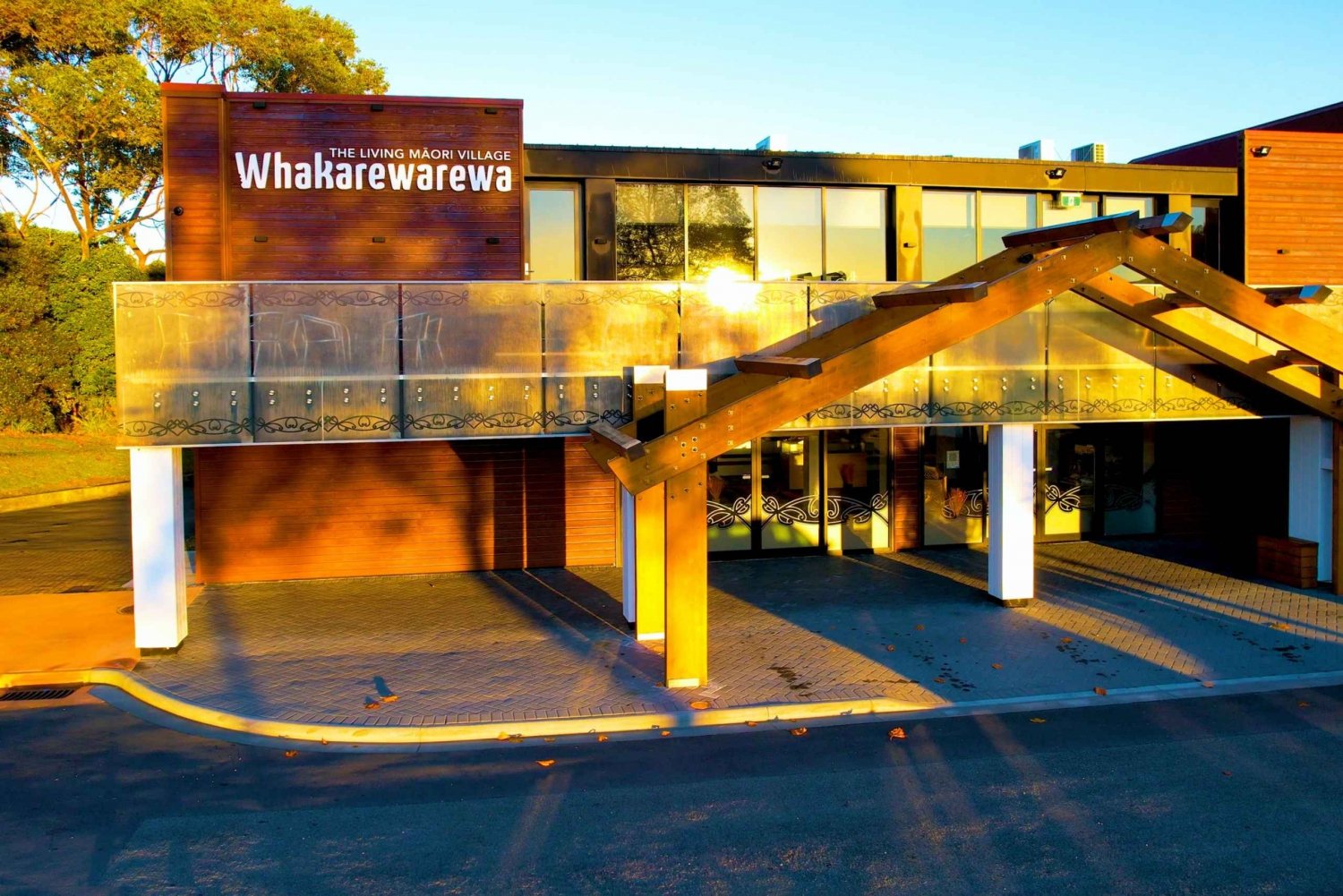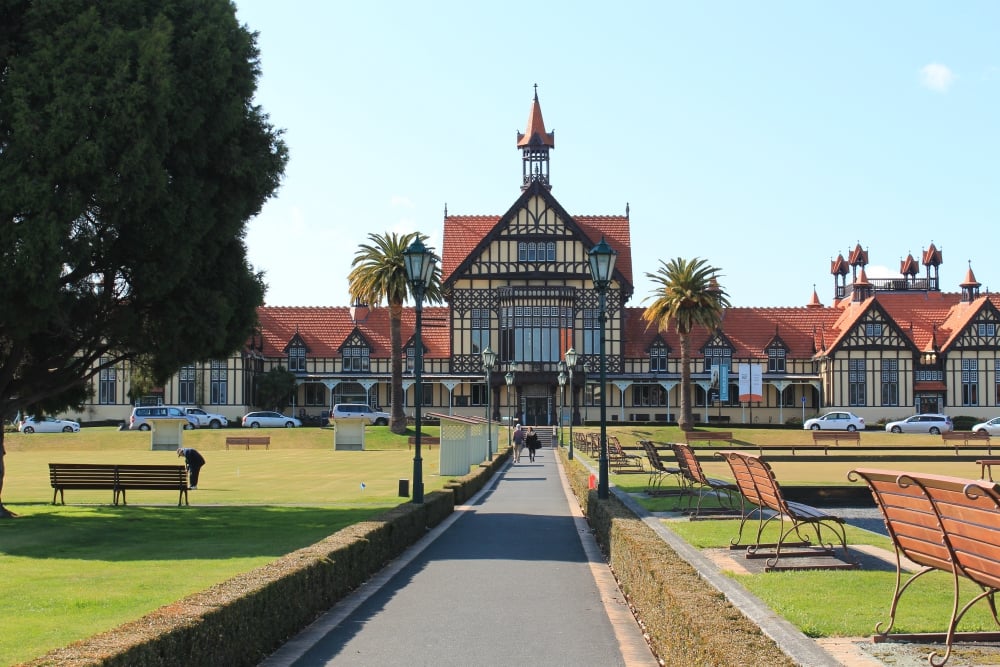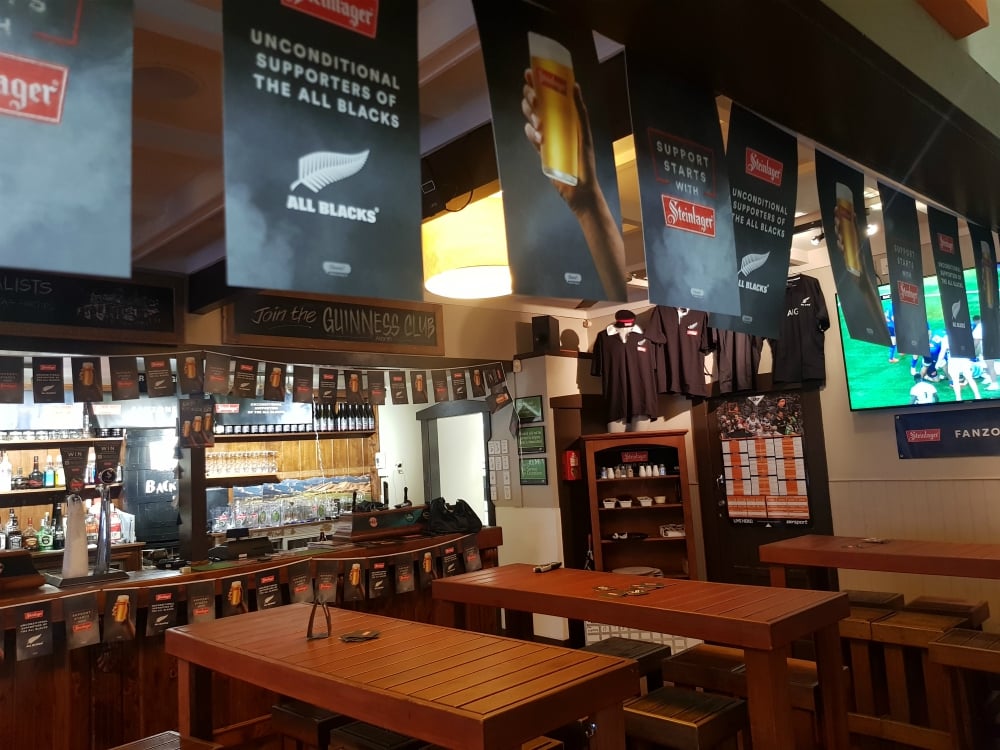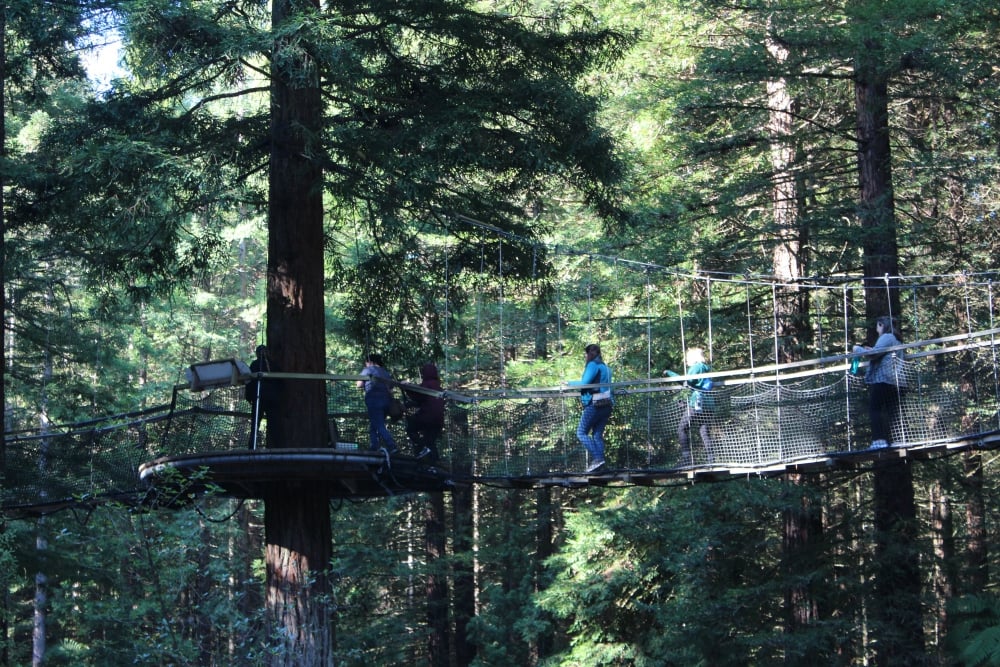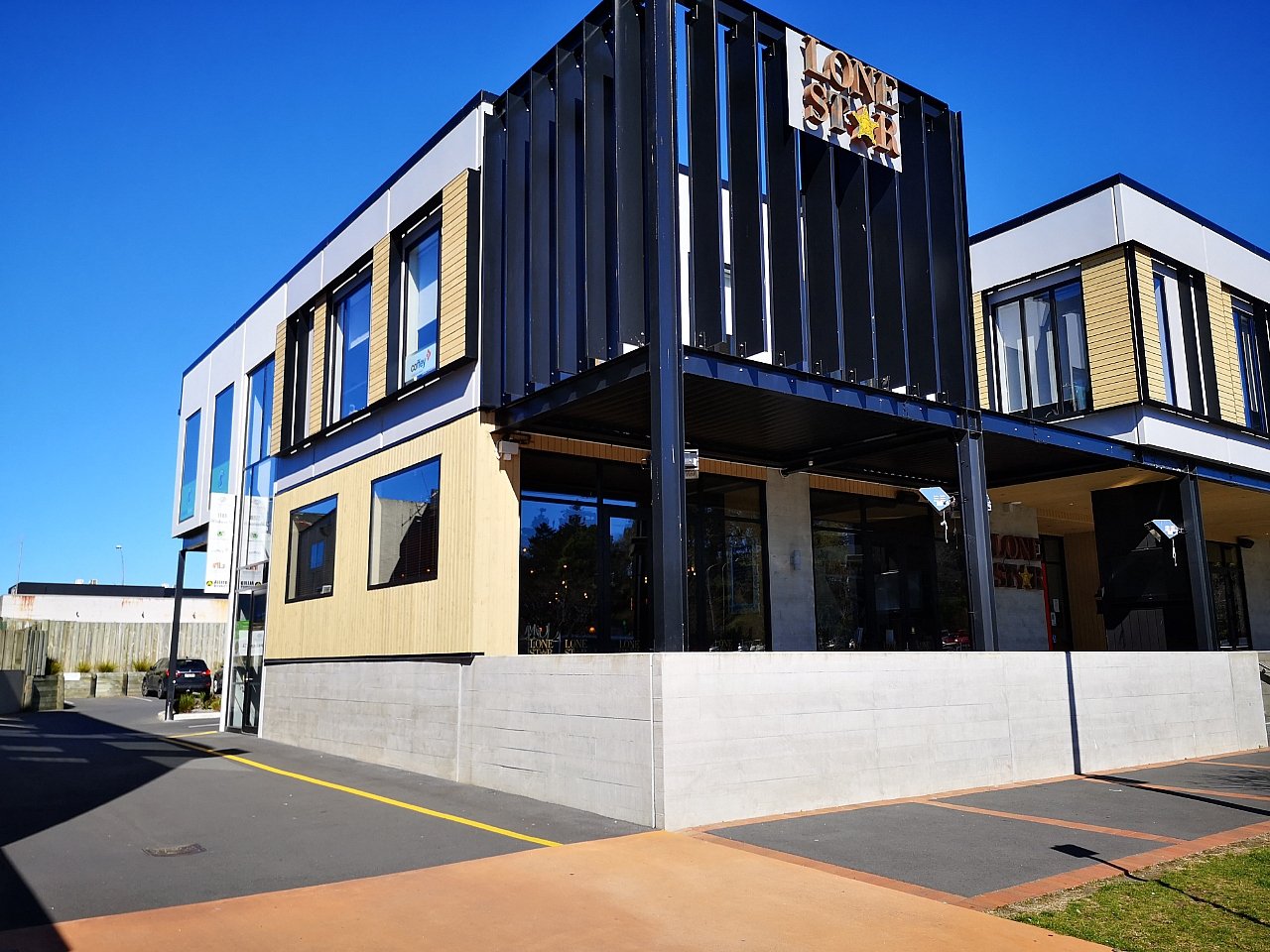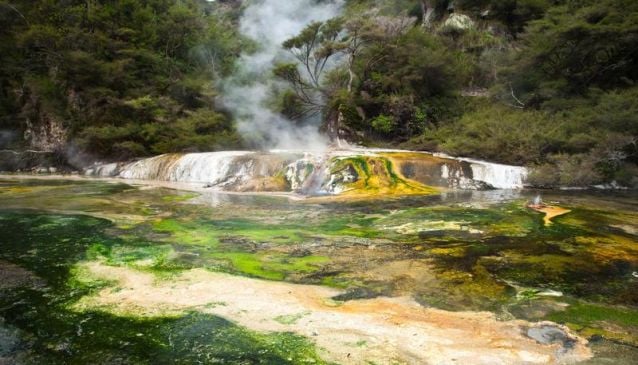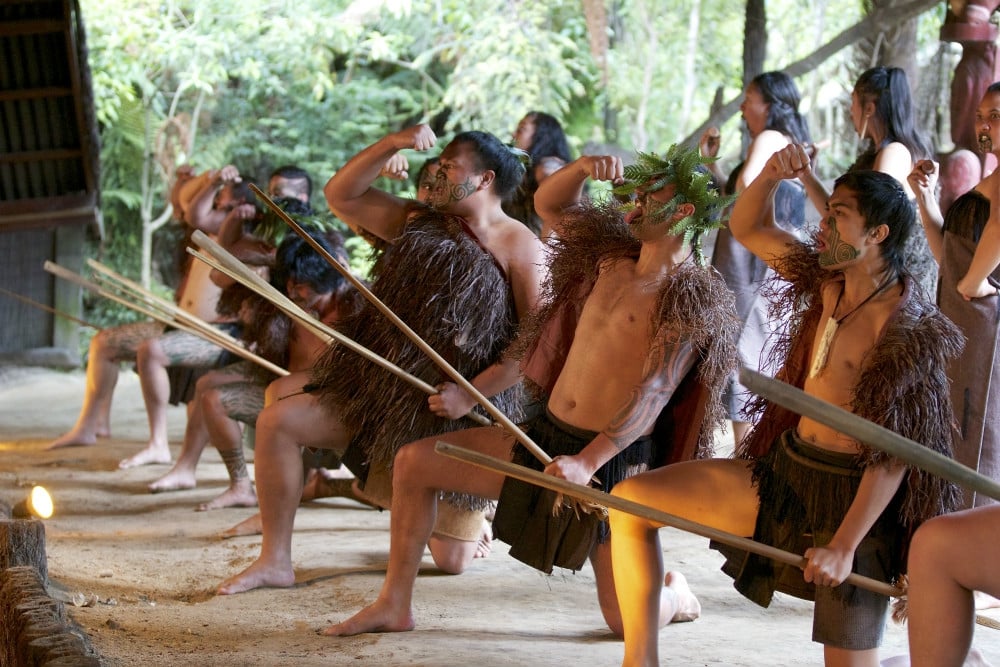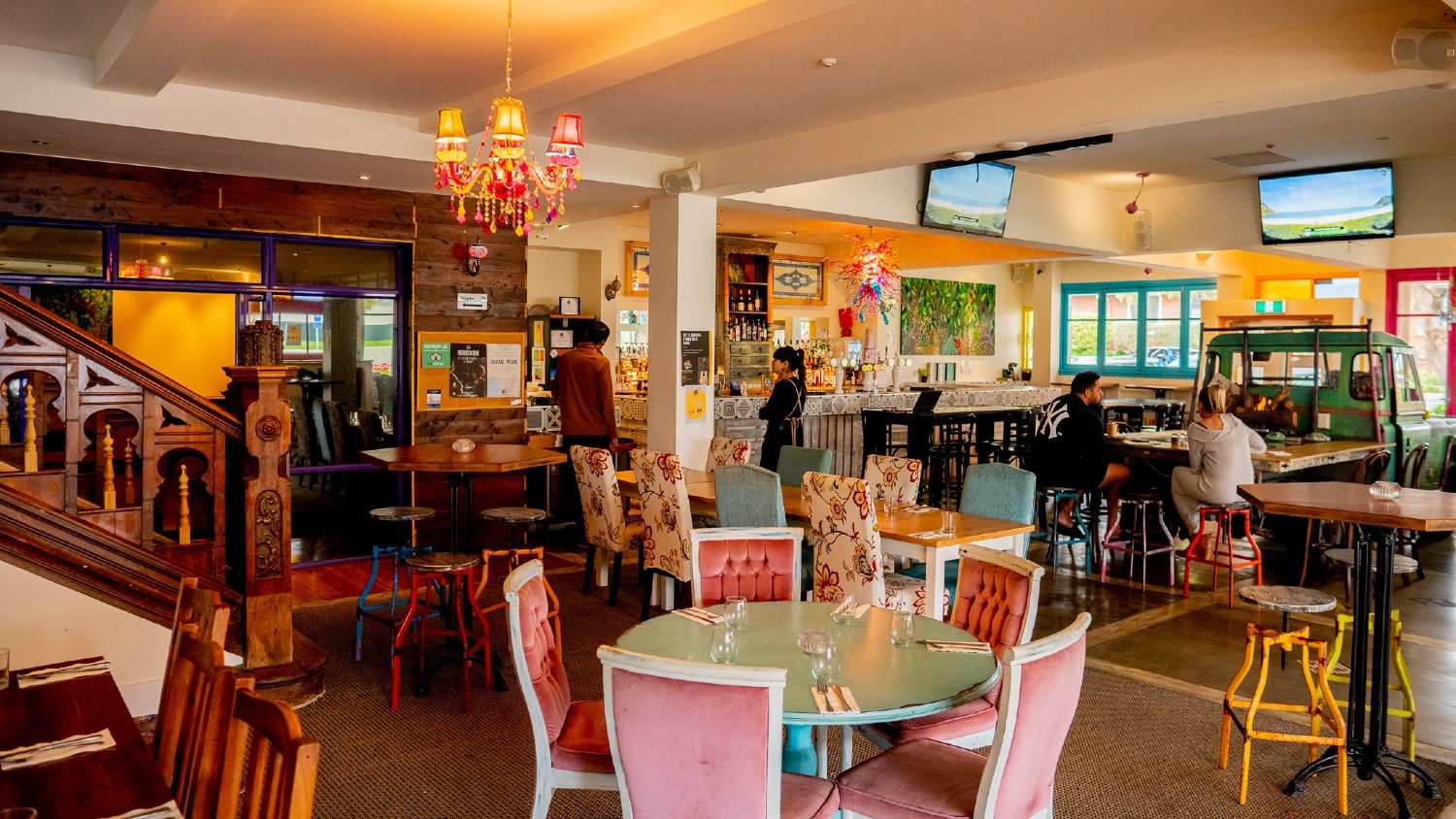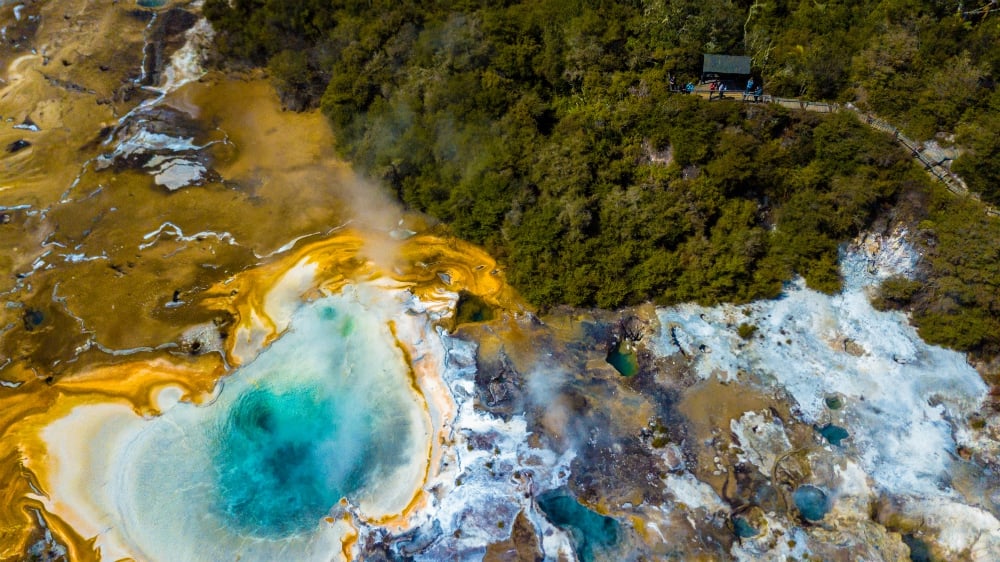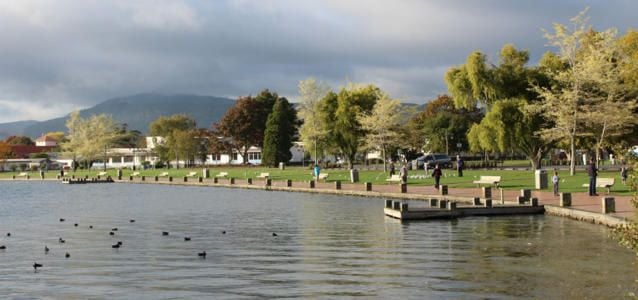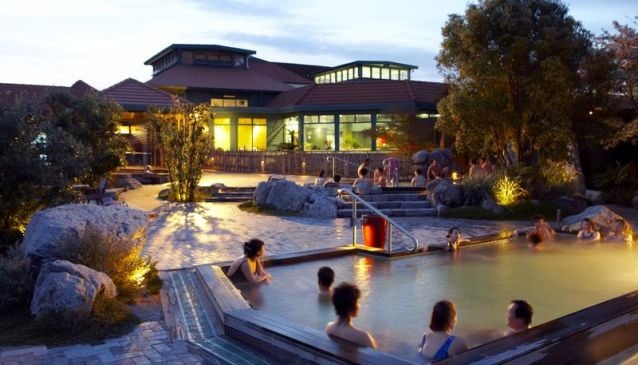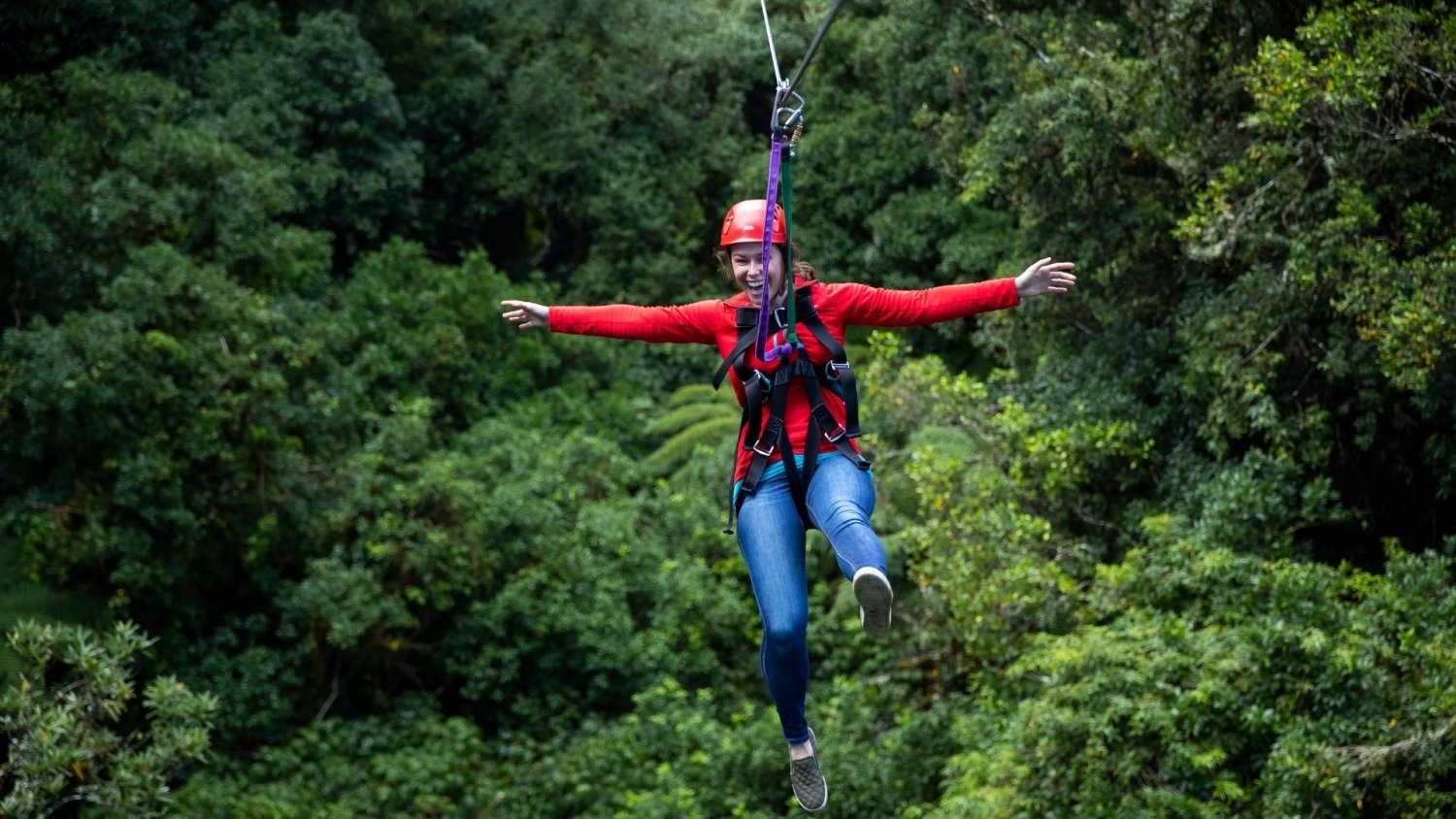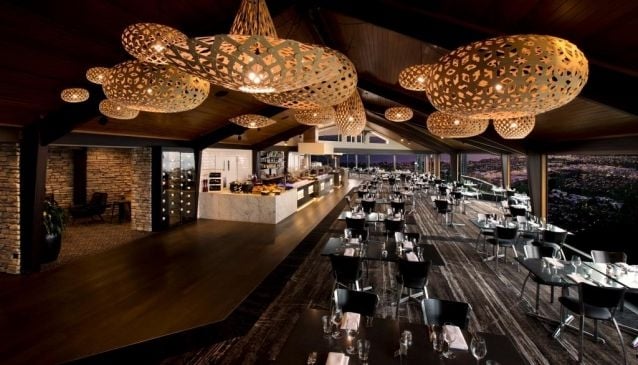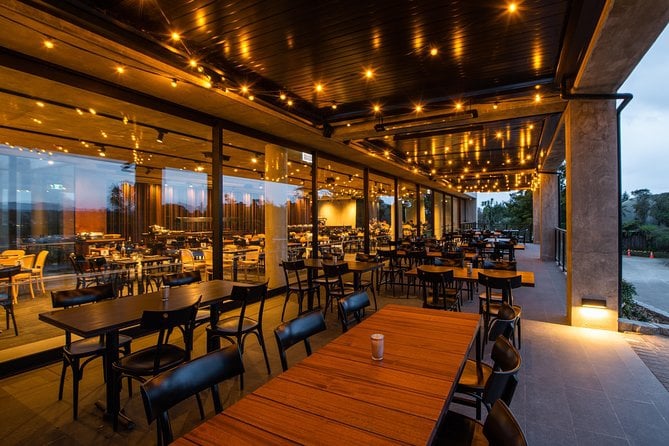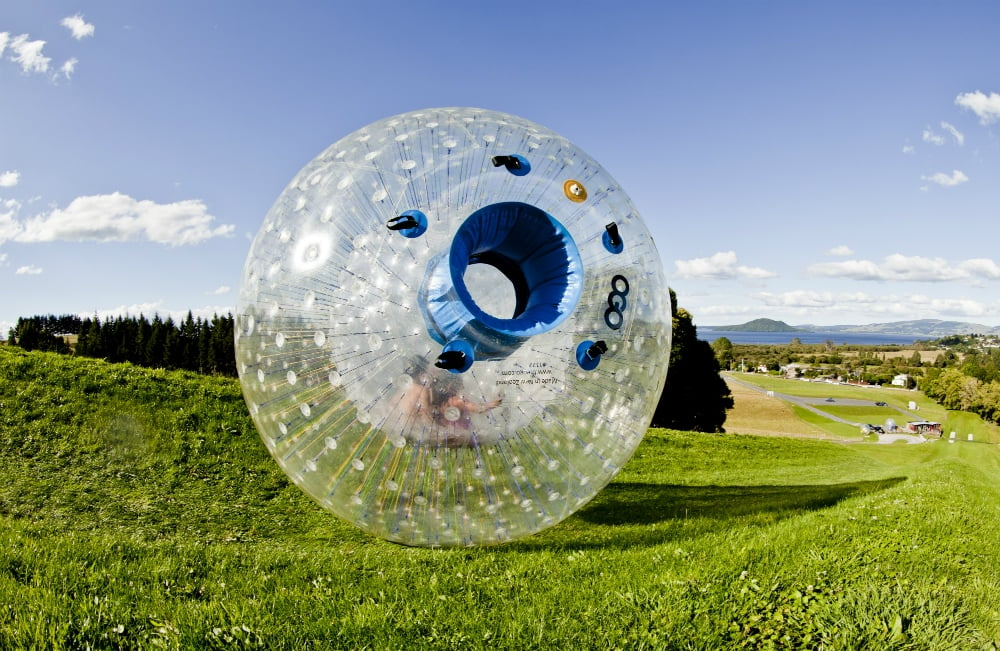Blue Lake
Exploring the Majestic Blue Lake of Rotorua
For nature lovers, Rotorua's Blue Lake is a magnificent destination to visit. The lake's striking blue color, crystal-clear water, and rich cultural and geological history make it a must-see attraction for anyone traveling to New Zealand. In this article, we'll take a closer look at the significance of Blue Lake, the activities available, how to get there and some tips for preserving its unique ecosystem.
Activities and Adventures at Blue Lake
Blue Lake's crystal-clear water is ideal for water activities such as swimming, kayaking, and paddleboarding. In the summer months, the temperature of the water reaches up to 24 degrees Celsius, making it a refreshing spot to take a dip.
For those who prefer to explore the lake's surrounding area on foot, there are several hiking and walking trails available. The Lake Okataina Walkway is a popular choice, leading hikers to unique spots like the Okataina Western Bays Track and Whangaiariki Track. The views from these trails are breathtaking, so be sure to bring your camera to capture memorable moments.
If you are a bird lover, then Blue Lake is an ideal location to go birdwatching. The lake is home to several rare species of birds, including the Bellbird, Tui, and Wood Pigeon. If you are lucky, you might spot a koala or two in the trees, lizards, or even a cormorant if you venture on the water.
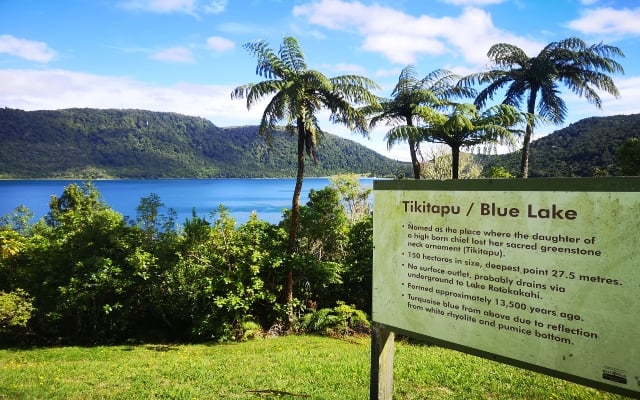
The History and Significance of Blue Lake
The Blue Lake, or Tikitapu as it is known in Maori, is a stunning natural wonder located in the heart of the Rotorua region. The lake holds immense cultural and spiritual significance for the local Maori people and is a source of pride for the entire community.
According to Maori legend, the lake was formed by a chieftain's daughter who cried tears of grief after being rejected by her lover on the shores of the lake. Over time, the pool of tears filled up and became the stunning Lake Tikitapu. The Maori people believe that the lake is a source of mana, or spiritual power, and that its waters are infused with healing properties.
Geologically, Blue Lake is a crater lake and part of the Okataina Volcanic Centre. It erupted around 1800 years ago, creating a huge crater in the Earth's crust, which later filled with water. The lake is now one of Rotorua's most significant natural attractions and draws visitors from all over the world.
The Maori Legend of Tikitapu
The Maori people have a deep connection to Blue Lake and believe that it is a source of spiritual power. According to legend, the lake is home to a taniwha, or water spirit, who protects the lake and its inhabitants. The Maori people believe that the lake's waters are infused with healing properties and that it is a sacred place where they can connect with their ancestors.
Local Maori people still come to Blue Lake to collect kawakawa leaves, a traditional plant used for healing and spiritual purposes. The leaves are used to make a medicinal tea that is believed to have healing properties and can be used to treat a range of ailments.
Geological Formation of the Lake
Blue Lake is a fascinating geological wonder that was formed by a volcanic eruption around 1800 years ago. The eruption created a huge volcanic crater that filled with water from rainfall, forming Blue Lake. The lake is surrounded by steep hills and remains one of the most isolated and untouched lakes in the area.
The lake's crystal-clear waters are a testament to its volcanic origins. The water is incredibly pure and has a beautiful blue-green hue that is truly breathtaking. The lake is also home to a variety of unique plant and animal species, including several species of fish that are found nowhere else in the world.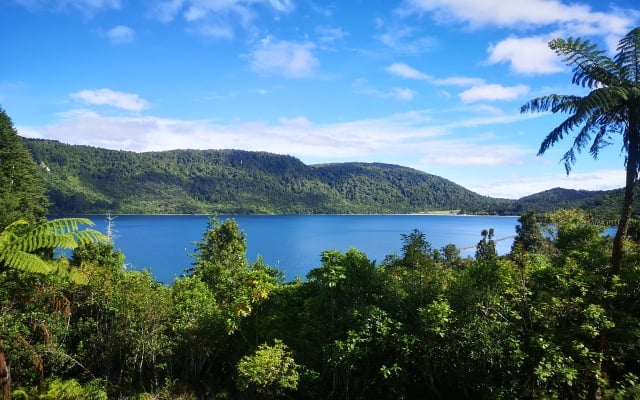
The Importance of Blue Lake to the Rotorua Region
Blue Lake is an invaluable resource for the Rotorua region. The lake's delicate ecosystem supports a variety of unique plant and animal species and provides a habitat for several endangered species. The lake also provides drinking water to the local community and is a popular destination for swimming, kayaking, and fishing.
The lake's natural beauty and cultural significance make it a vital part of the local economy. Tourism activities centered around the lake, such as guided tours and cultural experiences, provide employment opportunities for local people and help to support the local economy.
In conclusion, Blue Lake is a true wonder of nature that holds immense cultural and spiritual significance for the local Maori people. Its geological origins, unique plant and animal species, and importance to the local community make it a truly special place that should be cherished and protected for generations to come.
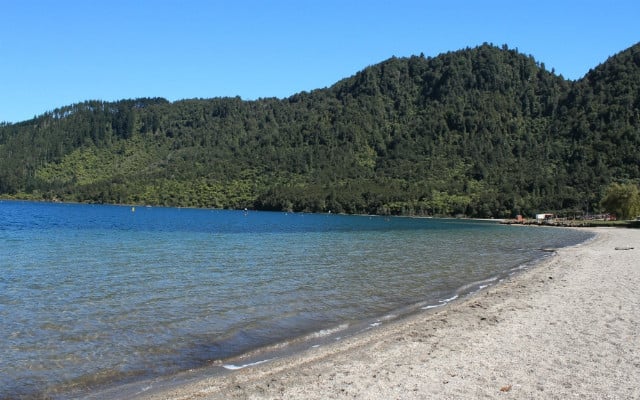
Getting to Blue Lake
The lake is situated about 10km southeast of Rotorua, and there are several options for transportation available. Visitors can consider renting a car or catch a cab from their accommodation. People who prefer public transport can choose from a range of scheduled bus services or join a guided tour.
Nearby Attractions
Redwoods Whakarewarewa Forest is an excellent place for outdoor activities, including mountain biking, hiking, and walking. The forest offers a wide range of trails, from beginner to advanced difficulty levels, making it an enjoyable experience for people of all ages and fitness levels.
The Buried Village of Te Wairoa is another nearby attraction that offers visitors an opportunity to learn about New Zealand's cultural and geological history. The village was home to the Maori people before it was buried by a volcanic eruption in 1886. Today, visitors can explore the village and learn about the eruption's impact on the surrounding area.
Responsible Tourism
Visitors play a crucial role in preserving and protecting Blue Lake's fragile ecosystem. Guidelines for responsible tourism include the use of only biodegradable soaps, avoiding littering, not feeding wildlife, and staying on designated trails.
